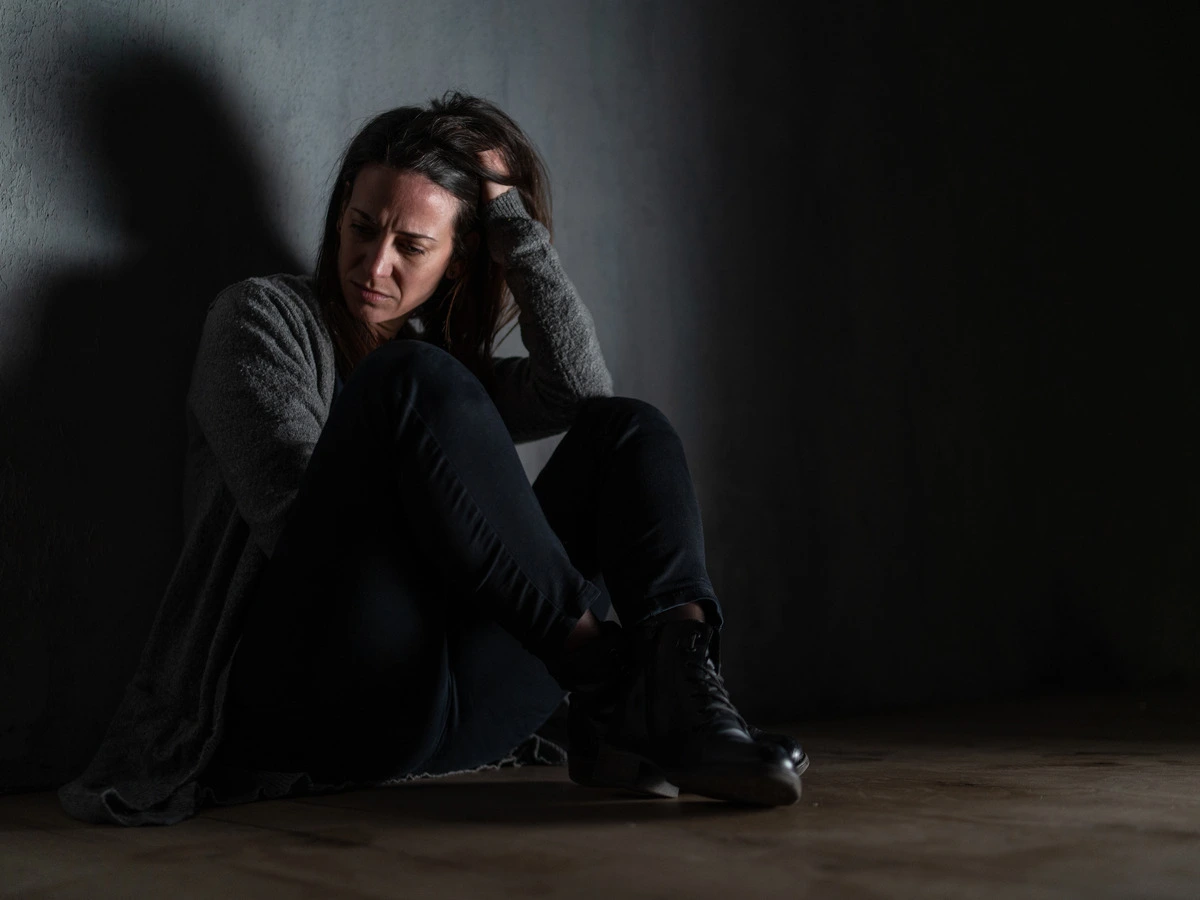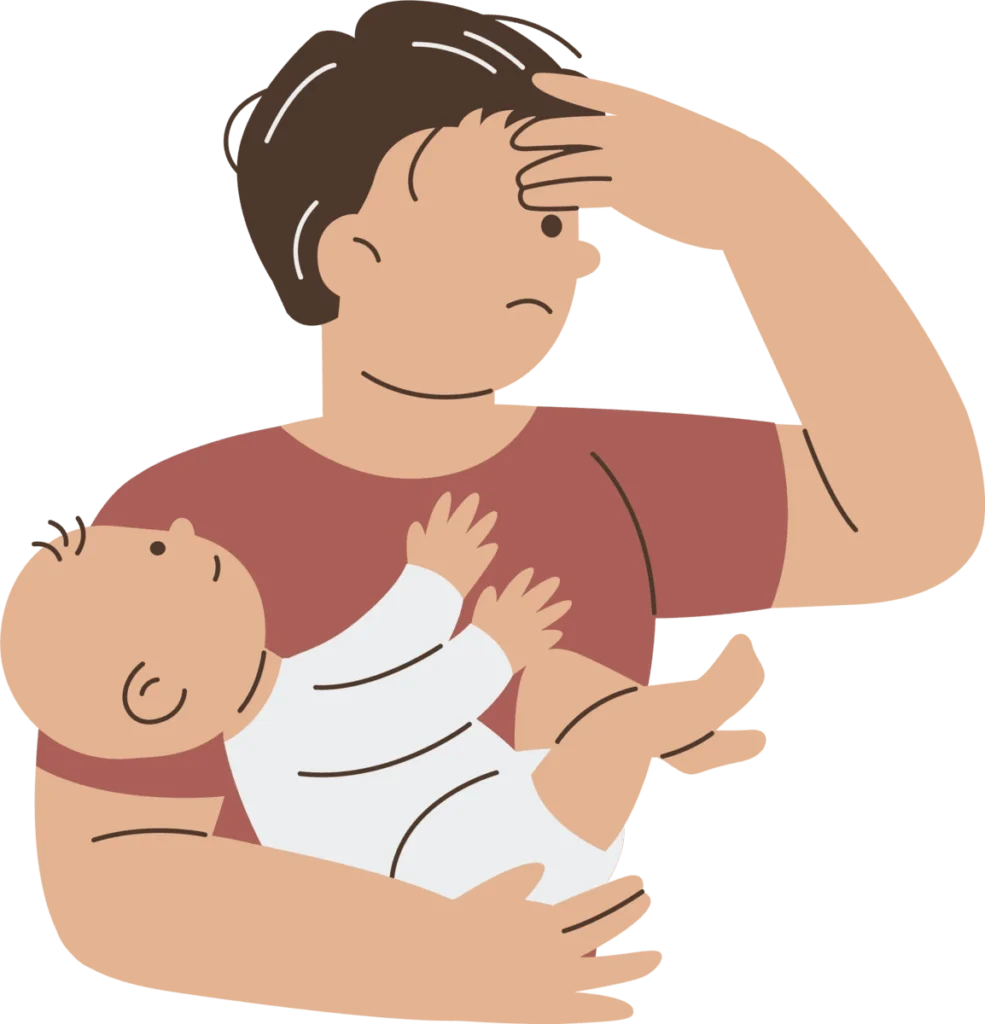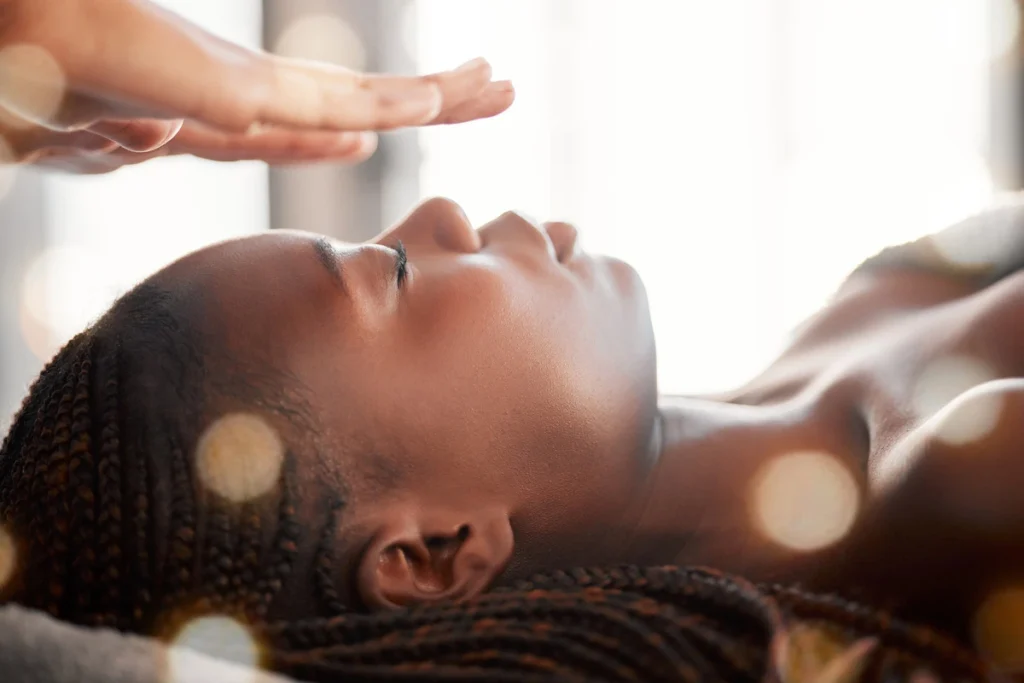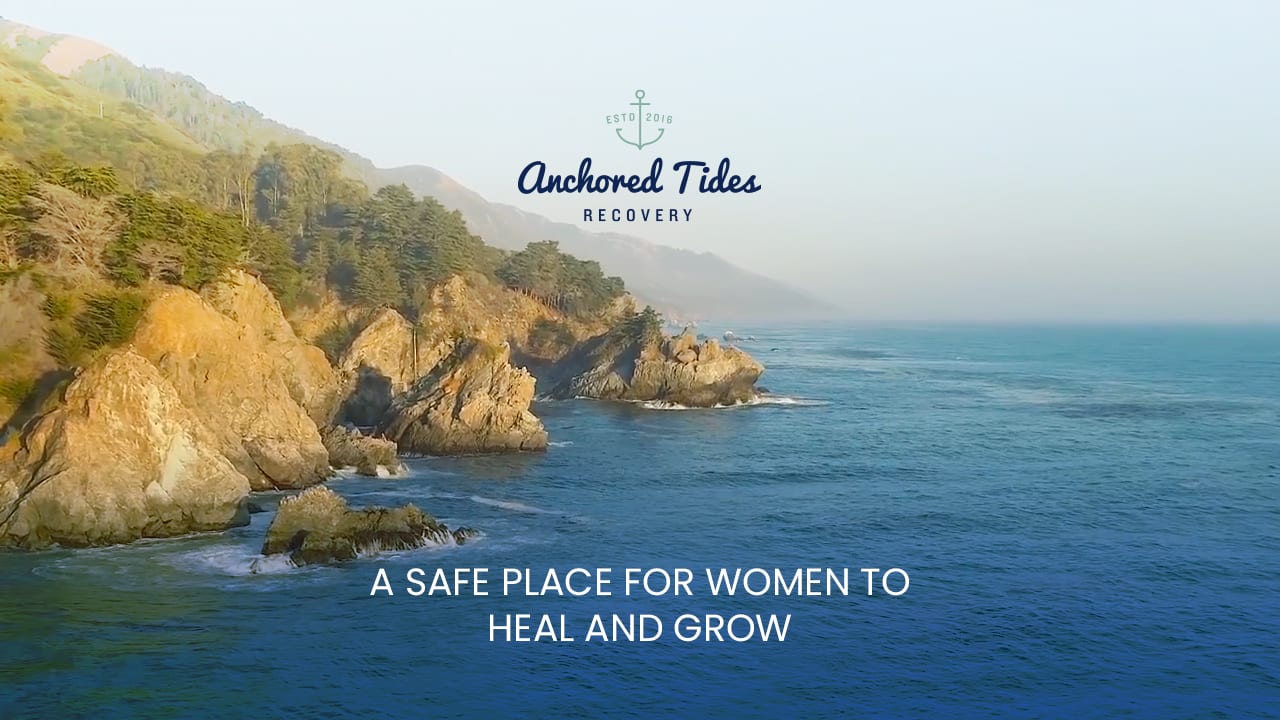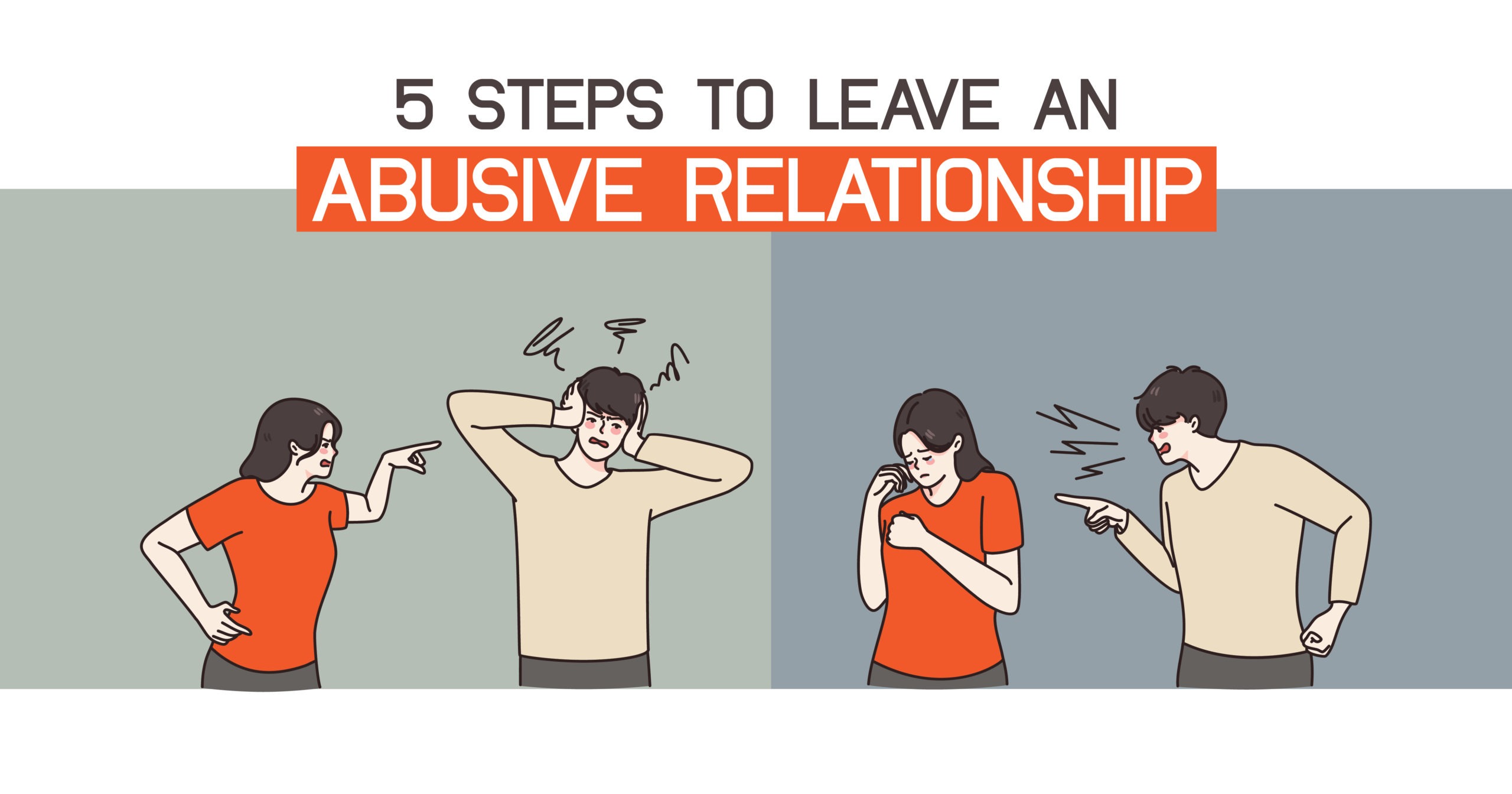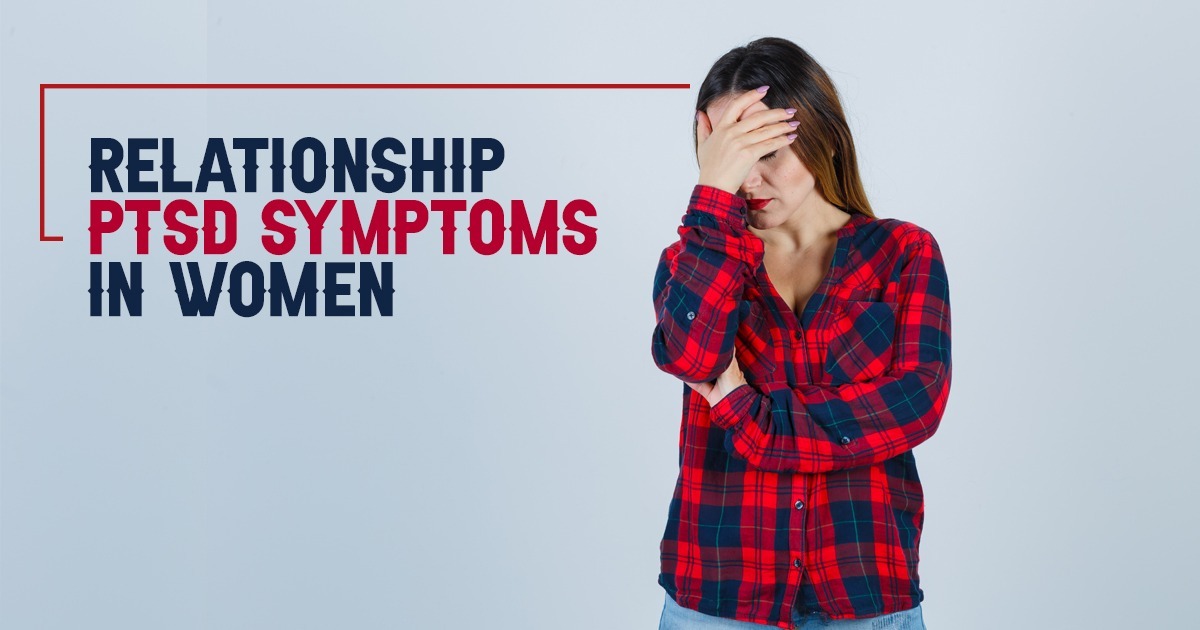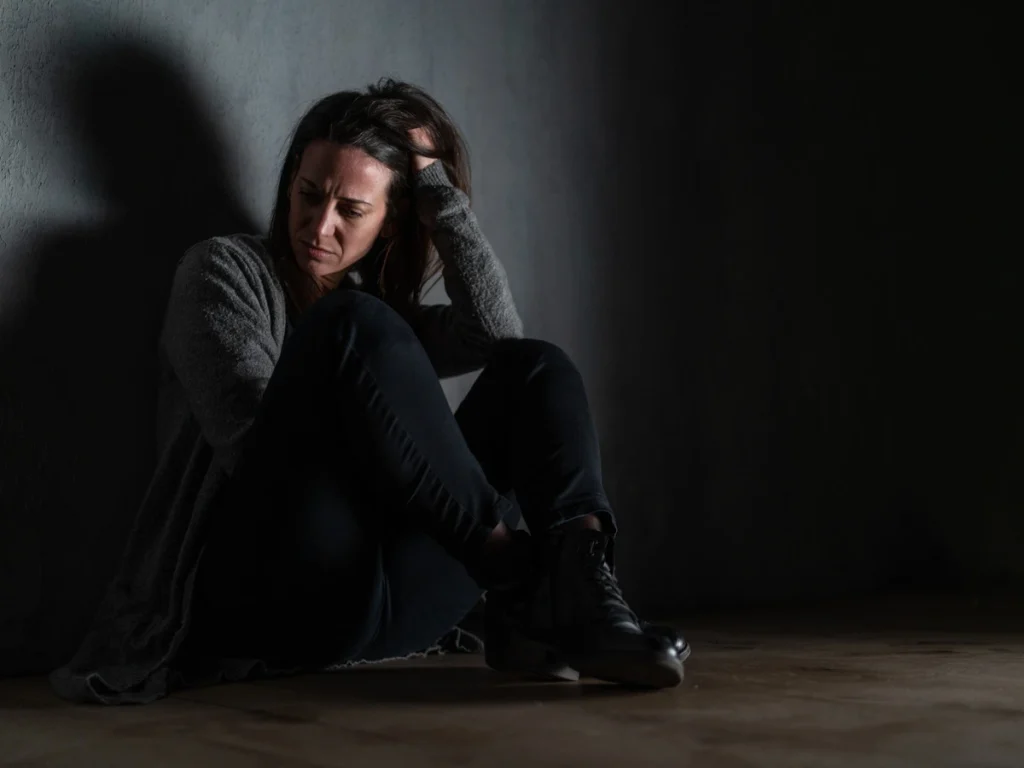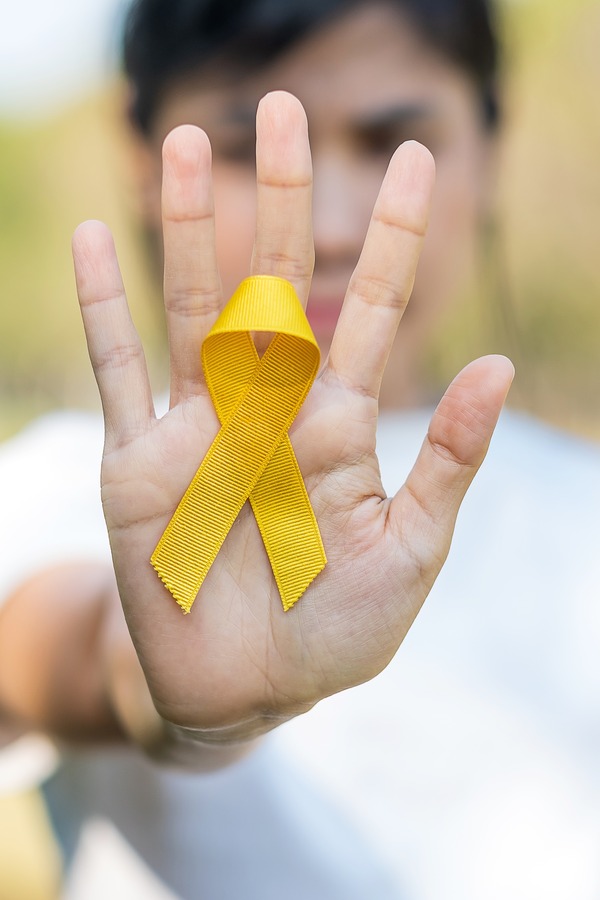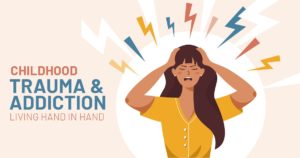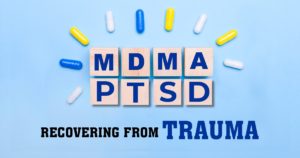
You’ve served your country with strength and resilience—but now you may be facing a new kind of battle. For many women veterans, the transition to civilian life brings a wave of invisible challenges: post-traumatic stress, anxiety, depression, and even addiction. At Anchored Tides Recovery in Huntington Beach, we recognize that mental health for veterans is not one-size-fits-all—especially for women. You deserve support that understands both where you’ve been and where you want to go.
What Mental Health Challenges Do Veterans Face?
Veterans are at increased risk for mental health conditions due to exposure to combat, trauma, military sexual assault, and the stress of reintegration. Common struggles include:
- Post-Traumatic Stress Disorder (PTSD)
- Depression and suicidal ideation
- Anxiety disorders
- Substance use disorders
- Co-occurring conditions (dual diagnosis)
These issues can be intensified in female veterans, who often feel overlooked in male-dominated veteran services. Learn more about PTSD symptoms in women and how these symptoms can manifest differently.
The Unique Mental Health Needs of Women Veterans
Women veterans face a unique intersection of military trauma, identity challenges, and mental health stigma. Some contributing factors include:
- Military sexual trauma (MST)
- Gender discrimination or isolation during service
- Difficulty finding female-focused support
- Balancing motherhood or family with recovery
At Anchored Tides Recovery, we provide trauma-informed care for women to address the deep emotional wounds that can follow military service.
PTSD and Addiction: A Common Link in Veterans
Veterans living with unprocessed trauma may turn to drugs or alcohol as a coping mechanism. This pattern is known as a dual diagnosis—when someone experiences both a mental health condition and substance use disorder.
Learn more about the connection between PTSD and addiction and how our integrated approach to dual diagnosis treatment for women can support long-term healing.
Why Mental Health Support for Veterans Matters
Untreated mental health issues can affect every part of a veteran’s life—relationships, employment, parenting, and overall well-being. Early intervention and specialized treatment can:
- Improve emotional regulation and daily functioning
- Reduce self-harm and suicidal ideation
- Help rebuild a sense of identity and purpose
- Foster deeper connection with family and community
We understand that healing looks different for everyone, and we’re here to meet you where you are.
Where Can Women Veterans Get Mental Health Treatment?
Anchored Tides Recovery is proud to offer a dedicated Veteran and Military Rehabilitation Program for women. Our team provides:
- Evidence-based therapy tailored to military trauma
- Holistic care including yoga, mindfulness, and group support
- Peer support with other women who understand the military experience
- Flexible levels of care: PHP, IOP, and outpatient support
We also offer specialized women’s drug rehab for those working through addiction and trauma simultaneously.
How to Know If You or a Loved One Needs Help
If you or someone you love is a veteran struggling with mood swings, sleep issues, substance use, or emotional numbness, it may be time to reach out.
Some voice search-style questions we often hear:
- “Where can I get mental health treatment as a woman veteran?”
- “What are the signs of PTSD in female veterans?”
- “How do I help a veteran with addiction and depression?”
Our blog on PTSD and addiction in women can help you recognize the warning signs.
Ending the Stigma for Women Veterans
Many veterans—especially women—feel pressure to stay silent about mental health struggles. But healing starts by breaking that silence.
Read more on the stigmas of mental health and addiction and how Anchored Tides is working to shift the narrative through education, empathy, and empowerment.

Start Your Healing Journey Today
You’ve carried the weight of your service long enough. Now, it’s time to carry something lighter: hope, support, and recovery.
Whether you’re looking for trauma-informed therapy, substance use support, or just a safe place to talk—we’re here.
Looking for veteran rehab in Southern California?
Contact us to learn more about our women-centered veteran mental health programs.
Do You Prefer to talk?
📞 Call us at 866-329-6639 to speak with a care coordinator today.


